Electricity retailers facing cash crisis
Australian electricity retailers face emerging risks from the COVID-19 pandemic.
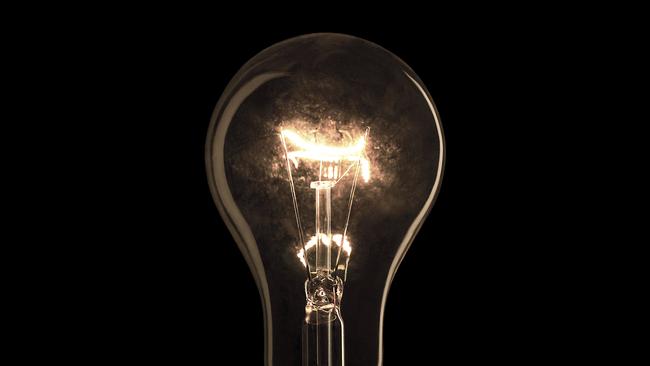
Australian electricity retailers face emerging risks from the COVID-19 pandemic, with concerns mounting that an economic downturn could flow through to pile pressure on the balance sheets of second-tier players.
The Australian Energy Market Commission said with almost three quarters of small businesses seeing their cash flow reduced from the coronavirus, there was likely to be added stress on individual power retailers.
“The combination of retailers bearing the cash flow risk for the entire supply chain and retailing being a high volume, low margin business, means retailers are particularly exposed to increases in late and non-payment by customers,” the AEMC said in its annual retail energy competition review.
Demand among large commercial and industrial customers fell 10-15 per cent while small and medium sized businesses declined 15 to 20 per cent during COVID-19 restrictions, according to Origin Energy, with concern that some of the lost power load may not return to pre-pandemic levels.
The three-month lag in paying bills means increased uncertainty for the sector, the AEMC said.
“The lag between the economic downturn and the effect on the retail market is particularly prominent because most small consumers pay bills three months in arrears,’’ the AEMC said.
‘‘It is therefore only now that many consumers will be having to pay their electricity bill under lower income and higher consumption conditions.”
Despite falling costs over the last year for retailers and the expectation that will continue in the 2020-21 financial year, the AEMC said market offers may not necessarily match the trend partly due to new government actions including the default market offer, Victorian default offer and ‘‘big stick’’ legislation.
“Because the more profitable market offers are no longer available in the market due to reductions in line with the introduction of a regulated cap on standing offers, retailers have less incentive and financial ability to offer lower priced market offers,” the AEMC said.
“The retailers task is further complicated by having to deal with the revenue impacts of COVID-19 and consider their pricing in relation to the prohibiting energy market misconduct legislation that came into force on June 10.”
The Morrison government imposed default market offers from July 1 last year, aimed at solving the problem of customers who fail to negotiate better deals with power companies by sticking with their existing electricity providers after their contracts expire. The Victorian government has also introduced its own separate default offer.
The move forms part of a broader re-regulation of the power sector and forms a critical plank of the Coalition‘s pre-election promise to slash household and business power bills by up to 25 per cent by 2021.
The federal government last year raised the ire of the energy industry by bringing in new policies including the ‘‘big stick’’ reform aimed at lowering prices, a taxpayer-funded scheme to underwrite power generation and a probe into extending the life of AGL Energy’s Liddell coal plant in NSW.
However, it said the reforms helped bring prices down and put the companies on notice over their conduct.


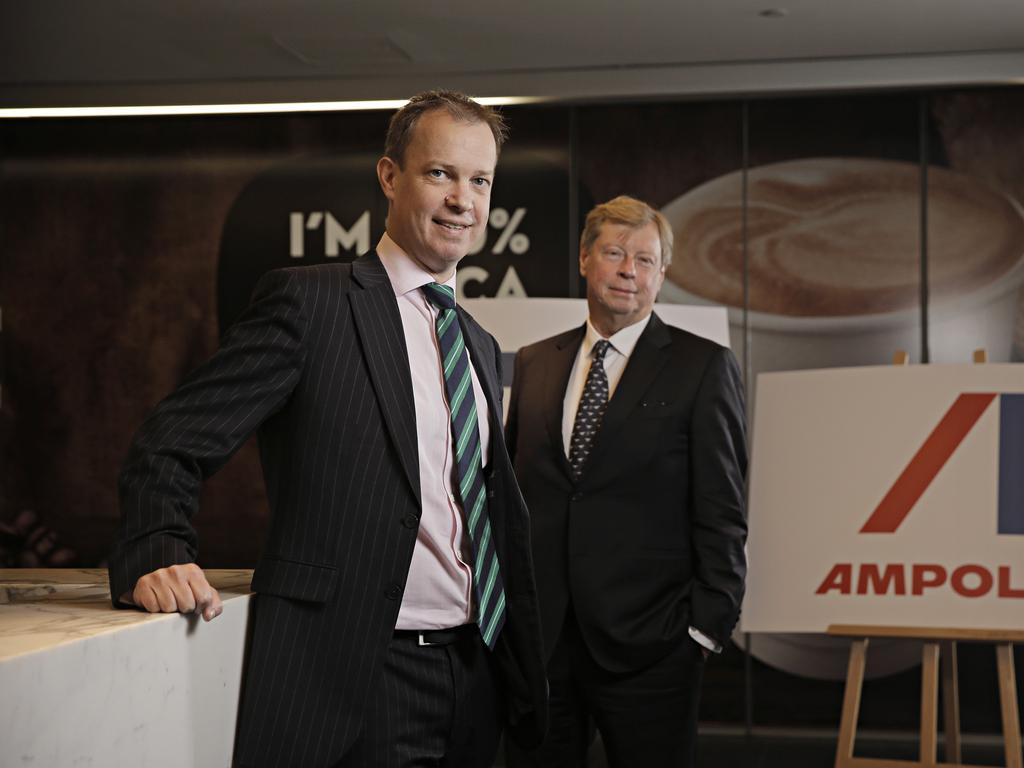
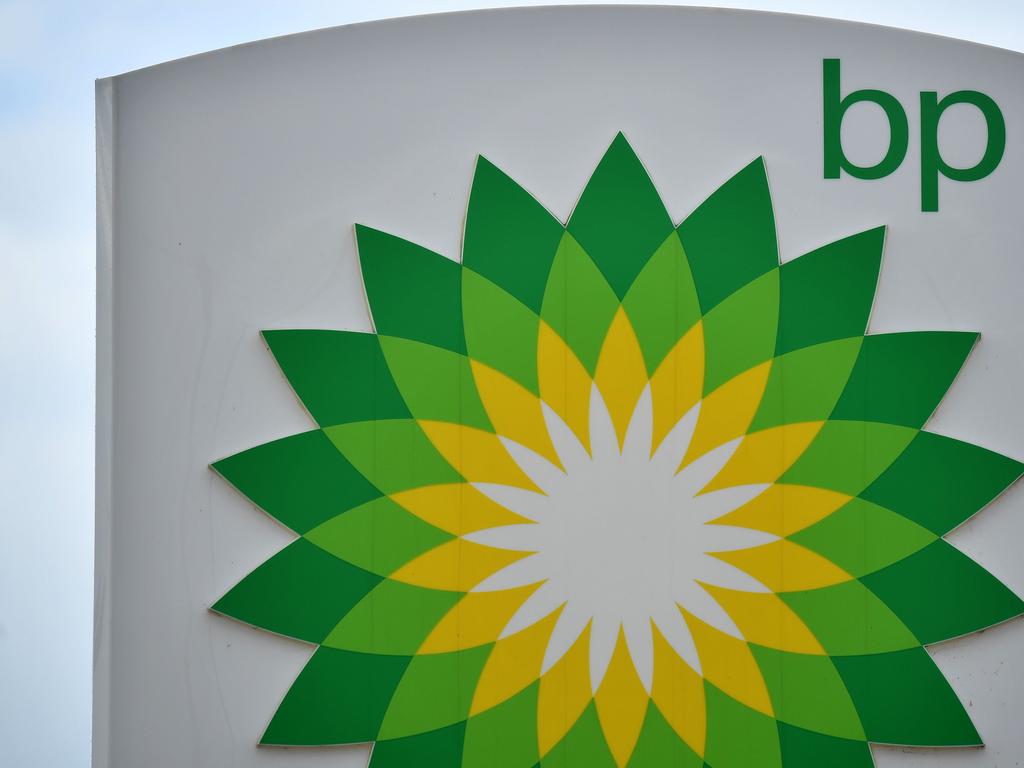
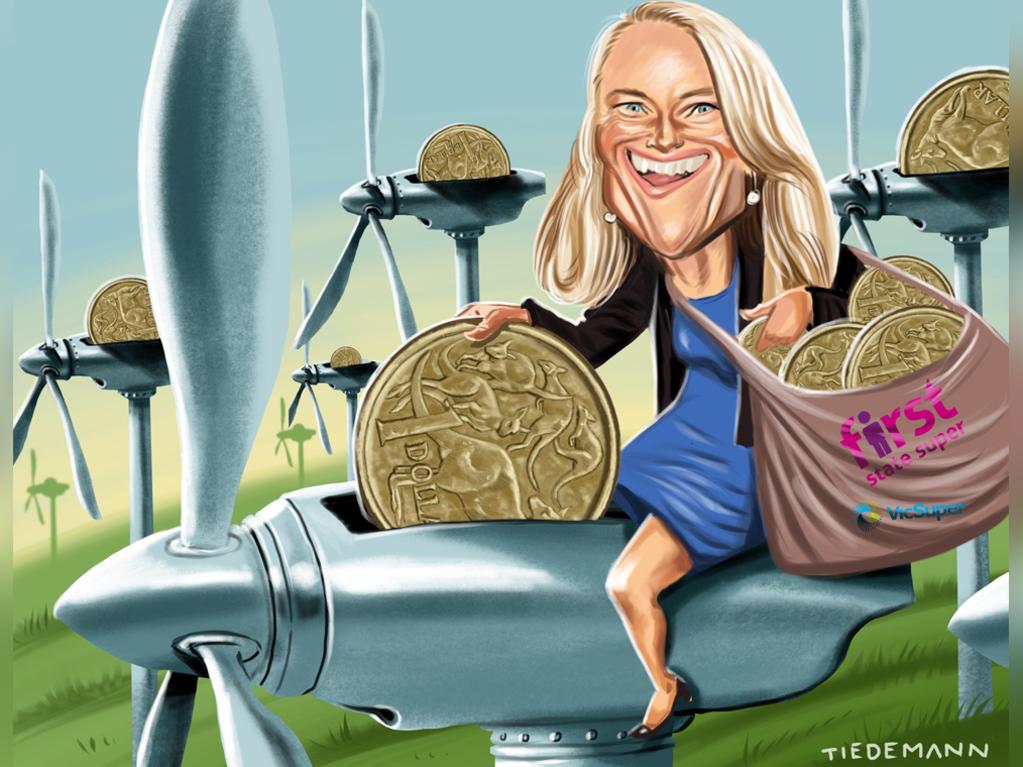
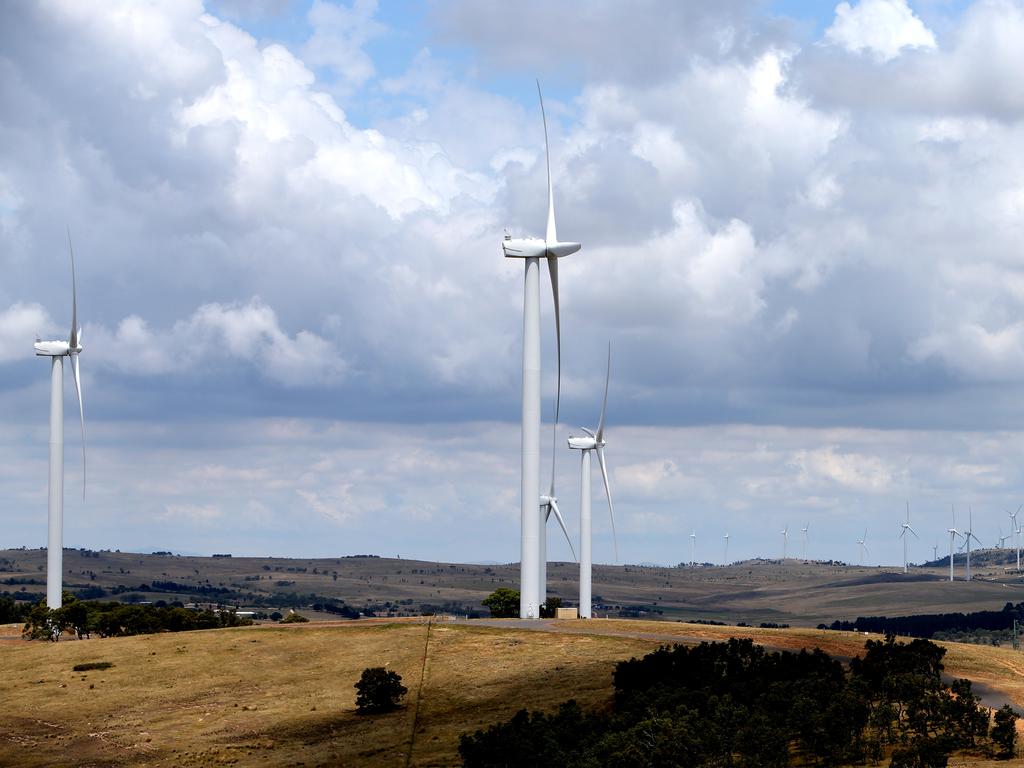
To join the conversation, please log in. Don't have an account? Register
Join the conversation, you are commenting as Logout